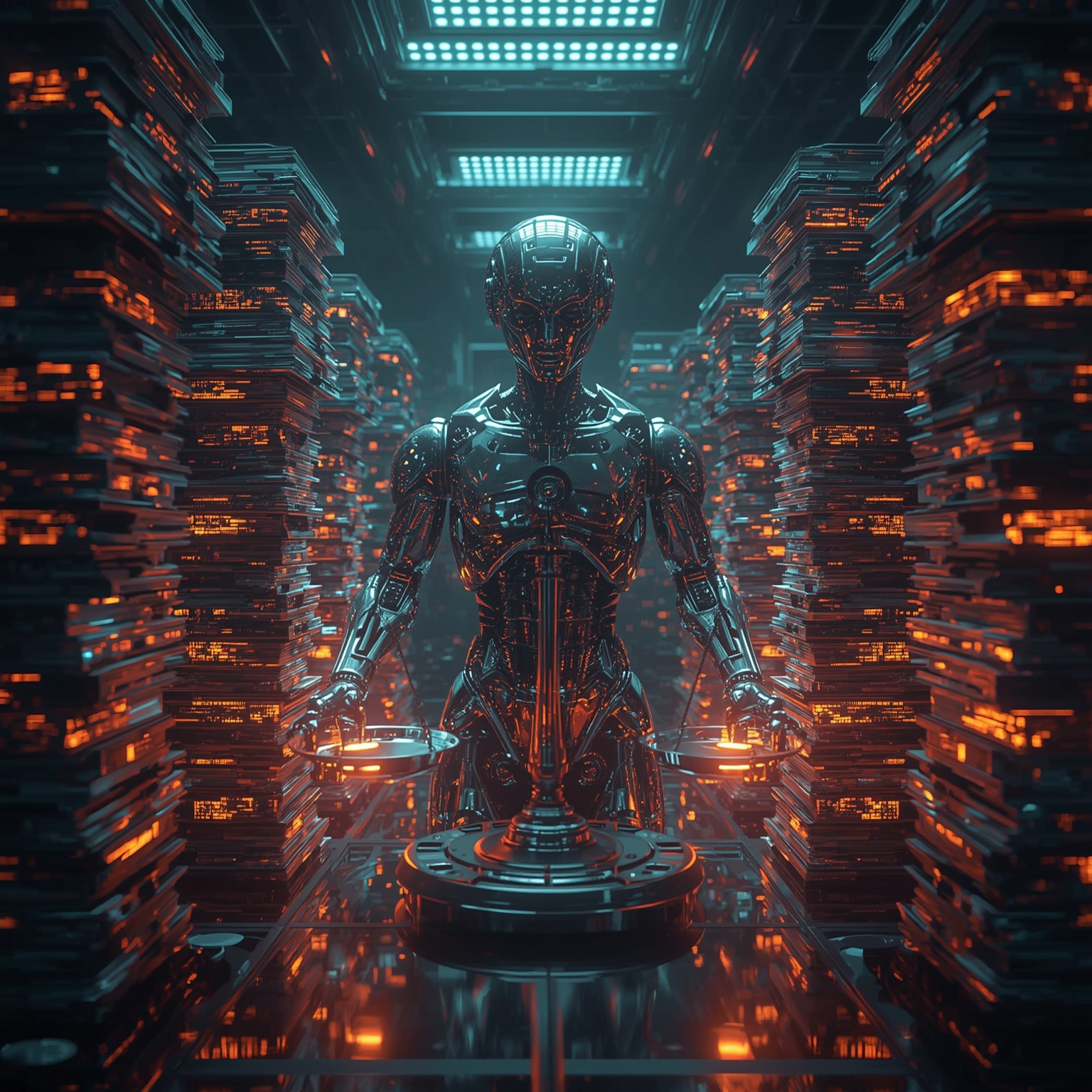Anthropic has reached a monumental agreement to pay more than $1.5 billion in order to resolve a sprawling class-action lawsuit filed by a coalition of authors. These writers alleged that the company unlawfully appropriated their work by drawing upon pirated copies of their books to develop and refine its artificial intelligence systems. This dramatic legal resolution, disclosed in a court filing on Friday, captures widespread attention not only because of the enormous financial sum involved, but also because of its potential to shift the broader conversation surrounding intellectual property rights within the rapidly evolving field of artificial intelligence.
If ratified by the federal court overseeing the dispute, this proposed settlement would represent what lawyers on both sides described as the single largest recovery of damages for copyright infringement ever made public in United States history. Such a figure is not simply symbolic; it underscores, in very tangible terms, the weight that courts and litigants are beginning to attach to the use of copyrighted material in training advanced machine-learning systems. According to Justin Nelson, a partner at the law firm Susman Godfrey, which represented many of the affected authors, the case establishes an unprecedented benchmark for how creators across disciplines—whether they be artists, novelists, essayists, or other custodians of creative expression—must be compensated when their works become embedded within massive datasets used to power large language models. Nelson characterized the outcome as both historic and deeply consequential, noting that it obliges technology companies to engage in equitable financial arrangements with those whose intellectual property undergirds these powerful digital tools.
The numbers at stake make the implications clearer. Under the settlement’s terms, the authors who were part of the plaintiff class would receive an average payment of approximately $3,000 for each individual book that was illicitly used. Specifically, compensation will go to authors whose works had been copied into shadow libraries—namely Pirate Mirror Library and Library Genesis—both infamous online repositories hosting vast numbers of pirated texts. These databases provided material from which Anthropic trained Claude, its flagship conversational AI. Taken together, legal teams estimate that roughly half a million unique works appear in these repositories, though the actual figure may eventually prove higher, in which case Anthropic is legally bound to increase its payout further.
Importantly, the agreement does not merely address past conduct; it also seeks to shape Anthropic’s behavior in the years to come. The company would still face liability if it were discovered to be relying on pirated material after the settlement’s approval. In addition, Anthropic is required to destroy its internal copies of the datasets in question once authors have been identified and compensated, thereby ensuring that infringing materials no longer linger in the company’s corporate infrastructure.
Nevertheless, the entire arrangement remains contingent upon judicial review. U.S. District Judge William Alsup, who has overseen the case from its inception, is responsible for deciding whether the settlement is fair, reasonable, and consistent with the interests of justice. A formal hearing on the matter is scheduled for Monday afternoon in San Francisco, where the judge will scrutinize the details and determine whether to approve the proposed terms.
It is worth noting that this agreement does not overturn Judge Alsup’s earlier ruling on the underlying issue of copyright law. In a significant decision issued in June, he held that Anthropic’s use of the contested books to train AI systems fell under the doctrine of “fair use,” a longstanding legal principle permitting certain forms of copying without permission where the purpose advances public interest, learning, or technological progress. That ruling clarified a complex and often contentious question regarding AI training: whether the ingestion of copyrighted materials can be understood as transformative rather than exploitative. In light of that judgment, Anthropic has emphasized that the settlement is intended to resolve only the outstanding monetary claims brought by the plaintiffs, thereby closing a chapter that would otherwise have remained the subject of protracted litigation.
Earlier filings in the case suggested that Anthropic had utilized more than seven million pirated titles for training. Subsequent investigation, however, revealed extensive duplication across the datasets. After auditors carefully compared these texts against official Copyright Office registrations, the number of distinct infringed works was reduced to approximately 465,000. This painstaking process illustrates the complexity of establishing precise legal damages when enormous and loosely organized datasets are involved.
If the agreement is approved, it will conclude one of the most closely watched and intricate lawsuits yet brought against an AI company, preventing the case from advancing to higher courts. Without this resolution, the dispute might well have escalated to the U.S. Supreme Court, potentially providing the justices an opportunity to resolve major unresolved questions concerning the intersection of generative AI technologies, intellectual property law, and the rights of creative professionals. Instead, the settlement offers immediate compensation to authors while simultaneously sending an unmistakable signal to AI developers: the era of free and unregulated ingestion of copyrighted material is drawing to a close.
Finally, attorneys for the plaintiffs intend to seek court approval for legal fees amounting to 25 percent of the entire recovery fund, a common but sizeable request in class-action litigation given the scale and novelty of the work involved. Thus, while the greater share of the $1.5 billion-plus will ultimately flow to affected authors, a significant portion will also provide remuneration to the legal teams whose extensive efforts brought this unprecedented case to a landmark conclusion.
Sourse: https://www.businessinsider.com/anthropic-pay-1-5-billion-authors-books-copyright-settlement-2025-9



